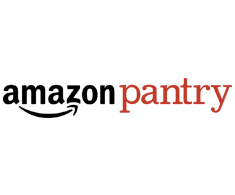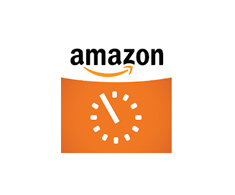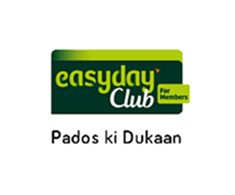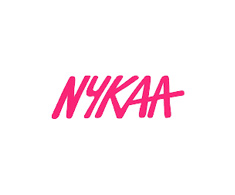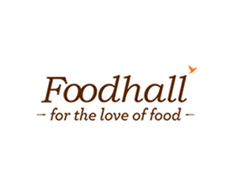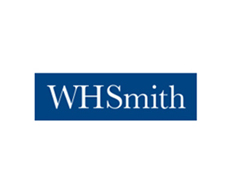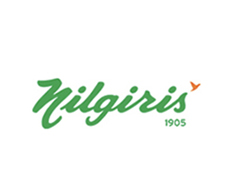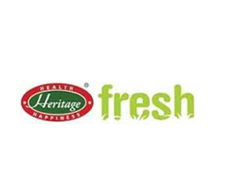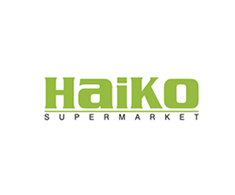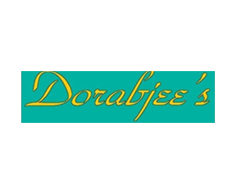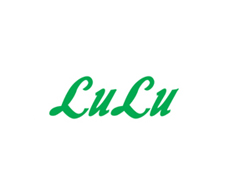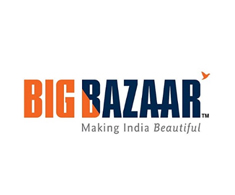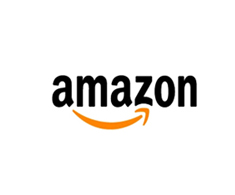At Future Consumer, we believe in the virtue of sharing. Not just the bounty, but our experience, our knowledge and our ideas with our partners, colleagues, consumers and society at large. When we share we expand, we grow, we exchange, we learn, we co-create and usher the new. Our belief in sharing propels us to be fair, caring and responsible towards our consumers, associates, partners and our society at large.
We have undertaken a water balancing project India Foodpark to benchmark water consumption at the current operating level.
The RO reject from the Fruits & Vegetable division at India India Foodpark is reused for floor washing, hand washing and toilet flushing purposes, which have resulted in reducing annual water consumption by 7.8 million KL.
We are treating effluent vide common effluent treatment plants at India India Foodpark and Nilgiris Dairy. The treated water is used for toilet flushing, gardening, and landscaping which has further resulted in optimizing the annual water consumption. By 2022, we will optimize 100% utilization of treated water for these purposes. We will also use 100% recharged groundwater by using the rainwater harvesting system at India Foodpark.
The total installed rainwater harvesting capacity at India Foodpark is 4500 KL.
We plan to limit the specific water consumption year-on-year. We have set objectives for all the factories at India Foodpark and aim to achieve a 25% reduction in water usage with 2018 as the baseline. Currently, all the factories have started water mapping, and we have installed water flow meters at appropriate places within the India Foodpark.
Future Consumer has been taking steps towards responsible waste management at India Foodpark, and other manufacturing sites.
The different category wastes are segregated at source and temporarily stored in different colored waste bins.
A Standard Operating Procedure is in place to monitor waste management.
Ash generated after burning the briquettes in the boiler can be utilized as a raw material in concrete masonry factories for making concrete blocks.
The organic waste at India Foodpark is converted into compost, the plastic waste is sent to Pollution Board authorized vendors for incineration, and the generated ash is used at cement kiln, road construction.
Cleaner Freight: Future Consumer is taking various steps to track and reduce carbon-di-oxide emissions by using railways as a mode of transport for goods, thereby improving the sustainability of freight.
Reduce Use of Paper: Future Consumer strives to reduce the use of paper at work. We have been promoting the use of soft copies/scan copies for all transactions at work.
Reduce Commuter Carbon Footprint: Future Consumer encourages video conferencing and teleconferencing facilities to hold face-to-face meetings so that employees have to travel less, thereby reducing the environmental impact of commuting.
Future Consumer plans to simplify multi-layered plastic structure for all its products by using the same polymer across all its products. Staples packaging under Golden Harvest is now being done using the same polymer family through a phased implementation. Over 100 million tonnes of Edible Oil Laminate has been replaced with the same family polymer structure.
We are using flexo printing technology for laminates to facilitate non-toluene environmental-friendly, consumer-safe inks.
We will move towards polyolefin or similar polymeric structure wherever technically and commercially feasible.
We are exploring a non-plastic based structure with coatings for a smaller sachet of solid products and experimenting with nearly Zero Base Packaging Concept during the year through a pilot.
We are working on replacing the glass with plastic bottles in selective products in food to reduce the Carbon footprint.
As on December 2019, we have recycled 160 MT of MLP in Maharashtra and 10 MT of Multi-layered Plastic (MLP) in Punjab in partnership with leading processors and achieved 100% target of the first year Extended Producer Responsibility plan.
Future Consumer aims to extend the plan to 17 Indian states in a phased manner.
Plastic Lao, Paise Kamao: As part of its continued effort to reduce plastic pollution, Future Consumer launched Plastic Lao, Paise Kamao initiative across 23 stores in Mumbai and 8 stores in the rest of Maharashtra. As part of the programme, FCL encouraged customers to bring back plastic bottles of its brands CleanMate, ThinkSkin, Tasty Treat, Swiss Tempelle, Sunkist, Karmiq, Fresh & Pure, and Nilgiris and get incentivized with buy-back price of Rs 10 per bottle.
We are working towards the introduction of higher recycler content based rigid packaging as a pilot project.
Future Consumer aims to reduce specific energy consumption year-on-year over a period of time. Monitoring has started across all units.
Future Consumer has undertaken several energy conservation measures that have resulted in significant energy savings. 100 % boilers at India Foodpark today run on sustainable fuel. The solar power capacity at India Foodpark is 3 MW.
We have also done rationalization of freezers and controlled shut down of freezers, replacement of electrical boiler with briquette fired boiler and light circuit modification for auto power cut-off through limit switches at cold chambers.
We have completed the installation of pollution-free Piped Natural Gas as fuel instead of Liquefied Petroleum Gas at our manufacturing facility.
Future Consumer is promoting conscious product development across its health and personal care portfolio.
CareMate tissue rolls, in the home care category, are made from 100% virgin fibre derived from Indonesian pulp that is certified by the Forest Stewardship Council.
Products of 100% organic food brand Mother Earth have obtained USDA Organic, India Organic and Control Union certifications signifying traceability throughout value chain.
The products of IRAYA, a 100% vegetarian cosmetic brand are Sulphate free and silicon free and do not comprise no synthetic dyes. Kara brand of premium wipes is made of viscous fibers that are 100% alcohol-free.
Future Consumer seeks to sustain farmer community and resources through design and implementation of farming practices that are environment-friendly and profitable to the farmers. Our aim is to provide modern scientific support for cultivation and processing to farmers in a phased manner.
To start with, we will be working with sweet corn, tomato, and mango farmers to help them implement sustainable agriculture practices. We will also be inducting them to the latest agricultural techniques, irrigation practices and provide them with information on the right type of seeds.

